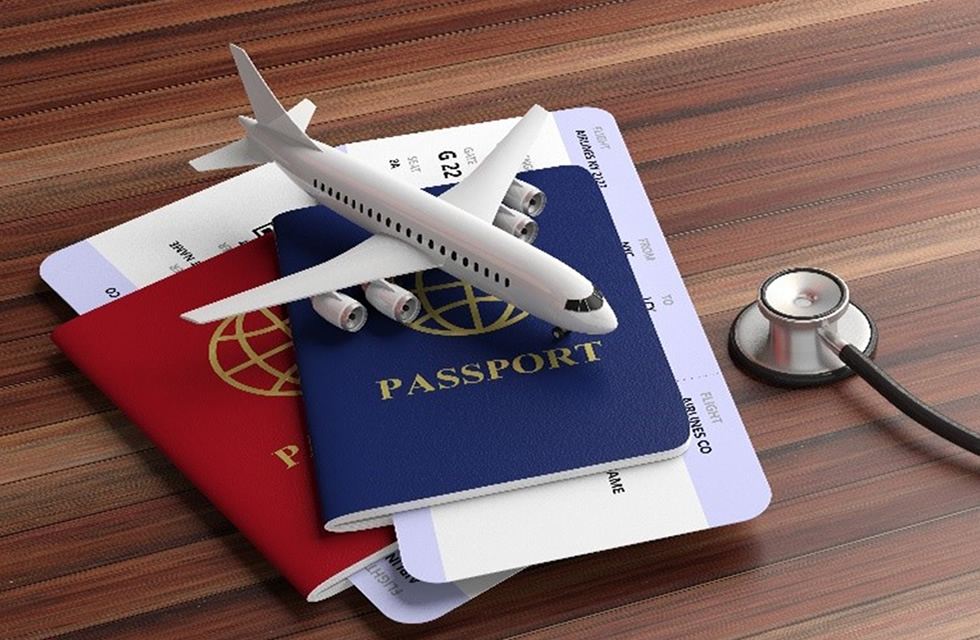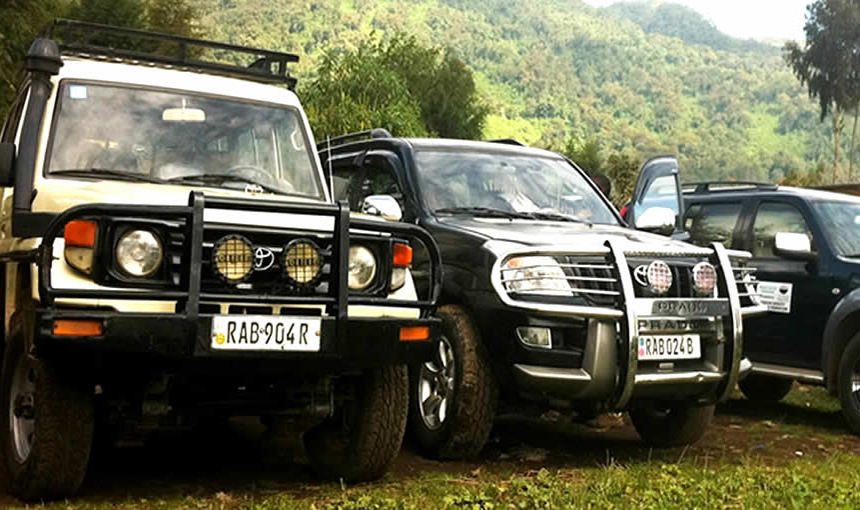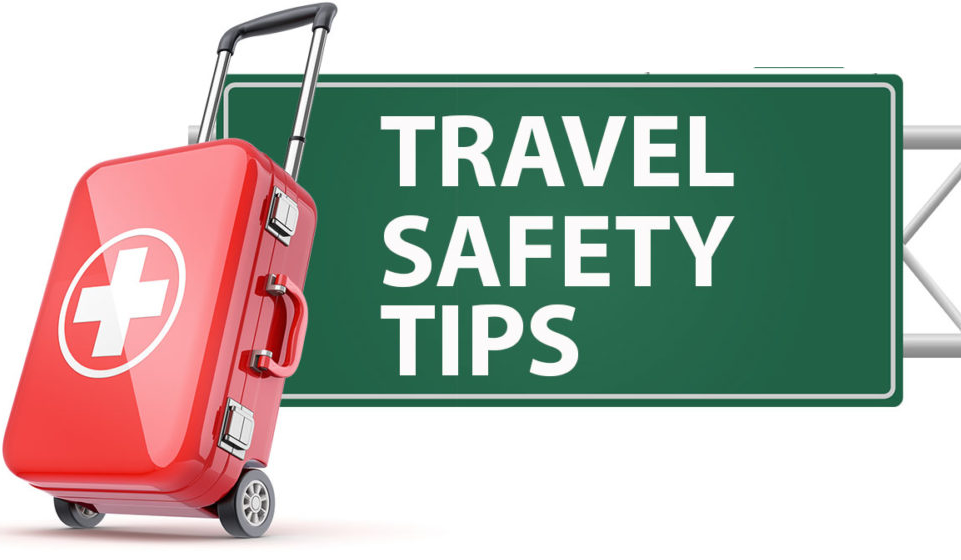Traveling to another country comes with a lot of anxiety and mixed feelings especially if it’s your first time traveling abroad and it requires a lot of planning ahead of time. So, we’ve put together these 10 Most important things to do before you travel out to ensure a safe trip. Some of them you might know and vice versa.
1. Check Your Passport and Apply for Any Necessary Visa(s)
Despite the fact that memorizing the expiring date of your passport is not necessary, it’s best to take a critical look at it before making any international travel plans. Generally speaking, you want your passport to be legal for no less than six months after entering a foreign country, however, some nations will let you get away with less; refer to the State Department’s website for full details, organized by country. If its expiration date is imminent, you’ll need to renew your passport before your next abroad journey.
2. Check in With Your Doctor and Travel Insurance Carrier
Visit the Disease Control and Prevention centers to find out health information and vaccination requirements for your destination and make sure that you have all of the appropriate vaccinations and that you have renewed all necessary prescriptions. I would suggest any required shots should preferably be gotten six weeks before departure for maximum protection. We would all agree that some countries are disease-prone so it would be wise to seek the services of a travel medicine expert.
3. Check for Travel Warning(s)/Advisories and Register Your Trip
Refer to the State Department’s Consular Information Program for Travel Alerts (“short-term events we think you should know about when planning travel to a country”) and Travel Warnings (“We issue a Travel Warning when we want you to consider very carefully whether you should go to a country at all.”) before you travel abroad.
It’s worth checking for these signs both before you book a trip and just before you leave. You should also join the Smart Traveler Enrollment Program (STEP), which makes it easier for the State Department to help you in the event of an emergency.
Likewise, write down the addresses and phone numbers of any embassies in the destinations you’ll be visiting, in case you need to communicate with them.
4. Bring Copies of your Passport
Copies of your passport might definitely be needed to prove your citizenship or it can be a way to return to your country in case it gets stolen or misplaced. For extra backup, leave a copy of your passport at home or with someone you believe. Consider making an electronic copy you can store in your email account as well.
5. Learn Key Phrases
Knowing common phrases in the local language can sometimes help to make communication effective even if practicing your language skills isn’t your reason for traveling. This can create an amazing travel experience and gives you the opportunity to meet more people.
Some key phrases to consider include:
*I am from
* How do I find the train/bus/metro?
*Thank you.
6. Always Have Local Cash/Local Friend or Relative
There is the need to have local currency one especially at essential places like shops, trains or buses since not every place takes credit cards. Not always necessary however important for your safety, endeavor you have someone you know and trust in the country you want to visit.
7. Get Guidebooks
Guidebooks commonly include maps, keywords or phrases, and give you adequate facts on specific places that you won’t need to buy the brochure at the spot. Make sure you get your apps before leaving as well as avoiding downloading charges from your wireless carrier.
8. Investigate Occasions Happening Before You Go
I know you wouldn’t want to miss the best events such as festivals, ceremonies and natural events ongoing in the city. So, I’ll advise you to check current political happenings and well as trend of issues or problems around the country or city you intend to visit. You can check these from News, YouTube or ask people over there questions if you have the privilege to.
9. Bring a Charger and Adapter as Well as Power Bank
Are you aware Countries have diverse size plugs and voltage? So it is, therefore, necessary to carry along a charger adapter if you want to use your iPod to make sure you can charge it. A power strip can be a way to cheat and charge several devices off of a single adapter.
10. Appropriate Packing
Can you please take a moment to imagine the result of taking expensive valuables with you? Guess what will happen? I hope your guess is as right as mine.
It could definitely attract thieves who are skilled at targeting tourists/foreigners. So, why would you want to carry along unnecessary items like electronics, jewelry, credit cards that you don’t plan to use on your trip? Nevertheless, it is recommended to keep valuables locked up in the hotel safe and always travel with them in your carry-on in case you have no other option than to take them along with you.


